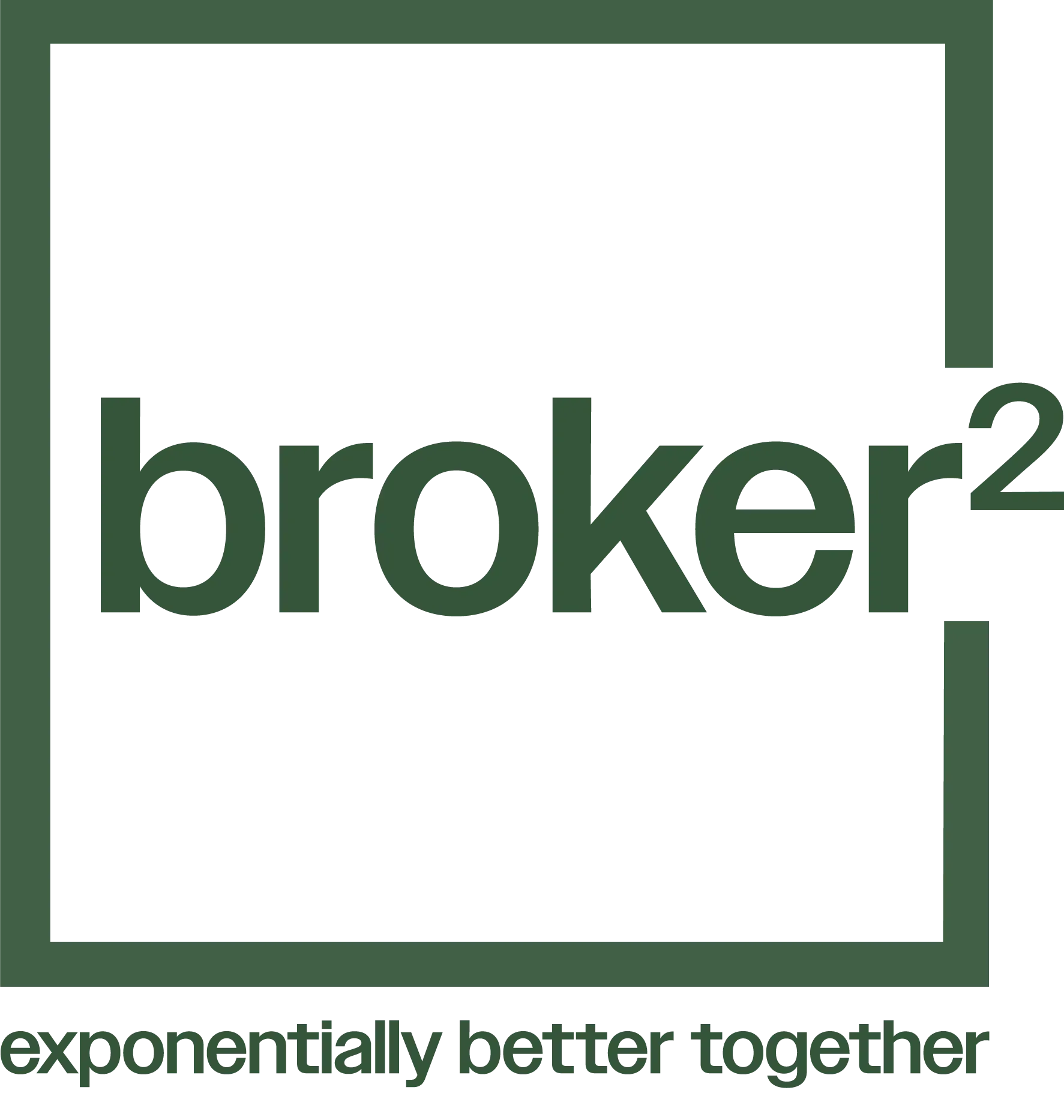Worried About Your Mortgage Renewal? You’re Not Alone
Worried About Your Mortgage Renewal? You’re Not Alone
If your mortgage renewal is coming up soon, you're likely feeling a bit of financial pressure—and you’re not the only one.
A recent survey shows that over half of Canadian homeowners believe their upcoming mortgage renewal could impact their current living situation. With interest rates still higher than what many borrowers locked in before 2022, 45% of those renewing in the next 12 months expect their monthly payments to increase.
Even though the Bank of Canada has held its key overnight rate steady at 2.75%, borrowing costs remain elevated compared to the low-rate years we saw earlier in the decade. And that’s changing how Canadians think about their finances.
Changing Plans and Tightening Budgets
Among those worried about their renewal, 73% say they’re already cutting back on discretionary spending—things like eating out, entertainment, or travel—to brace for higher mortgage payments.
For many, it goes deeper than just trimming the budget. Nearly one in four surveyed homeowners said they’re rethinking their entire financial strategy. Some are pressing pause on home renovations (43%), while others are considering downsizing or relocating to a more affordable area (29%). A smaller group (15%) is even open to major lifestyle changes, like moving in with roommates or relocating to a new neighbourhood altogether.
Fixed-Rate Mortgages on the Rise
In this climate, most homeowners looking to renew are leaning toward fixed-rate mortgages, with 75% preferring the stability of predictable payments. For those facing uncertainty, locking in a rate for the next few years can offer peace of mind—even if it means paying a little more in the short term.
First-Time Buyers Are Feeling It Too
It’s not just current homeowners feeling the pinch. A separate survey found that more than half of Canadians planning to buy a home are cutting back on non-essential spending to save for their down payment or other buying costs. About 31% are even considering tapping into savings or investment accounts like TFSAs, RRSPs, or first-time home savings accounts to make their purchase possible.
What This Means for You
Whether you’re preparing to renew or purchase for the first time, this environment calls for smart, strategic planning. You’re not alone in feeling uncertain—but with the right guidance, you can navigate these changes confidently.
Have questions about your upcoming renewal or wondering what type of mortgage is right for today’s market? Let’s connect. We're here to help you make informed, confident decisions about your home financing.




